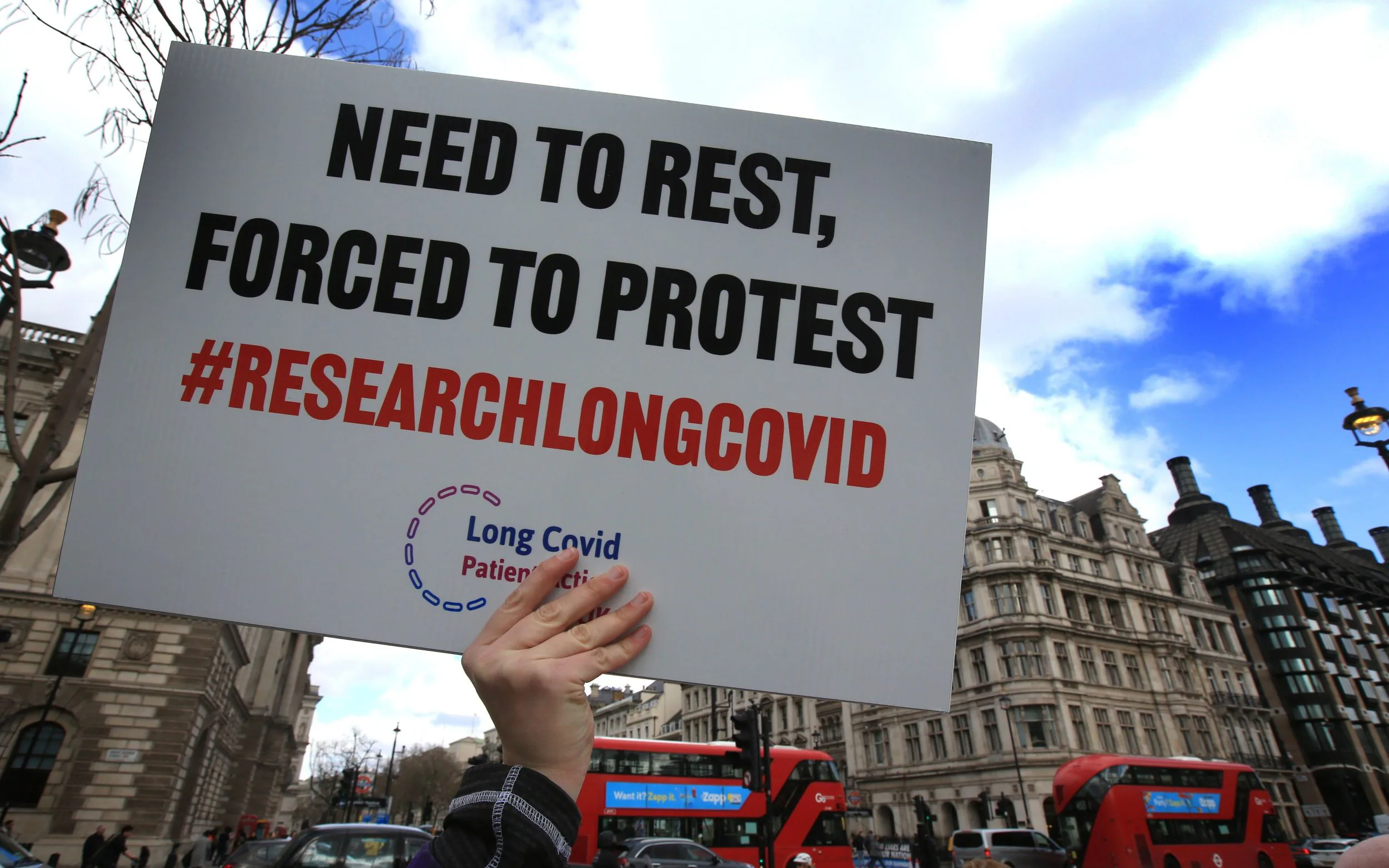New research from Queensland Health suggests that “long Covid” may not be fundamentally different from other post-viral syndromes, such as those seen after influenza infections.
The study, led by Dr. John Gerrard, Queensland’s chief health officer, challenges the uniqueness of the term “long Covid,” arguing that it may contribute to unnecessary fear and hypervigilance regarding extended symptoms associated with Covid-19.
According to Gerrard, the perception of long Covid as a distinct and severe condition may stem more from the sheer number of Covid-19 infections over a short period rather than the severity of the symptoms themselves.
The research defines post-Covid or long Covid in line with the World Health Organization’s criteria: persistent symptoms three months after initial infection, when no alternative diagnosis explains these symptoms.
The study surveyed 5,112 adults who had symptoms of respiratory illness and underwent PCR testing between May and June 2022.
Among them, 2,399 tested positive for Covid-19, 995 for influenza, and 1,718 for neither. A year after their PCR test, participants were asked about ongoing symptoms and impairment through a questionnaire delivered via SMS link.
Results indicated that 16% of participants reported persistent symptoms a year later, with 3.6% experiencing moderate-to-severe impairment in daily activities.

Notably, the study found no significant difference in the likelihood of functional limitations between those who had Covid-19 (3.0%) and those who did not (4.1%).
Specific symptoms commonly associated with long Covid, such as fatigue, post-exertional symptom exacerbation, brain fog, and changes to taste and smell, were reported similarly among both Covid-positive and negative groups who experienced moderate to severe impairment (94%).
Dr. Gerrard emphasized that while the symptoms described by patients post-Covid are acknowledged as real, their incidence does not appear to be higher than with other respiratory viruses.
He advocated for reconsidering the use of terms like “long Covid,” suggesting they may mislead and hinder recovery by suggesting uniqueness and severity where there may be none.
Despite acknowledging the study’s limitations, including its observational nature and lack of detailed physiological assessments, Gerrard’s team underscored the need for caution in interpreting the distinctiveness of long Covid compared to other post-viral syndromes.
The study’s findings will be presented at the European Congress of Clinical Microbiology and Infectious Diseases in Barcelona next month, prompting further discussion on how to understand and manage persistent symptoms following Covid-19 infection.
